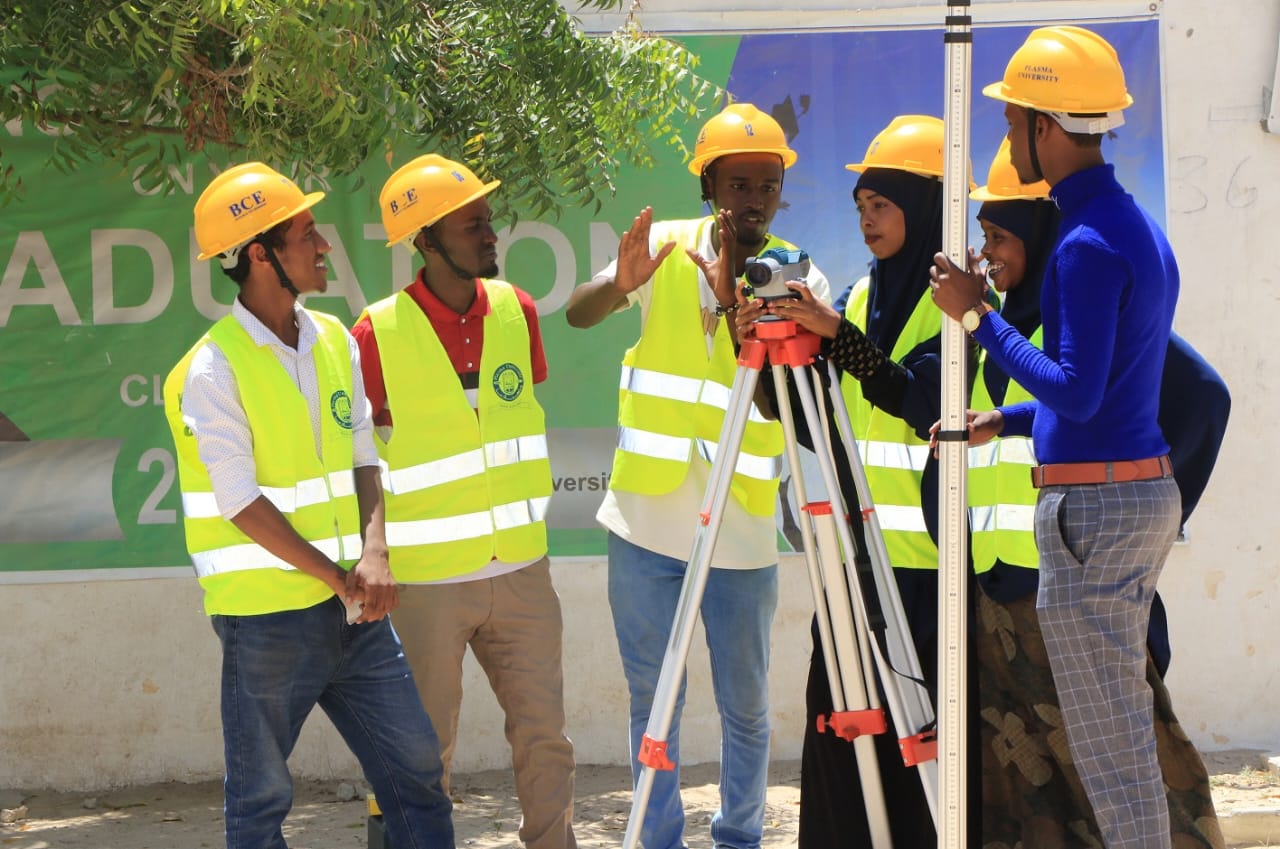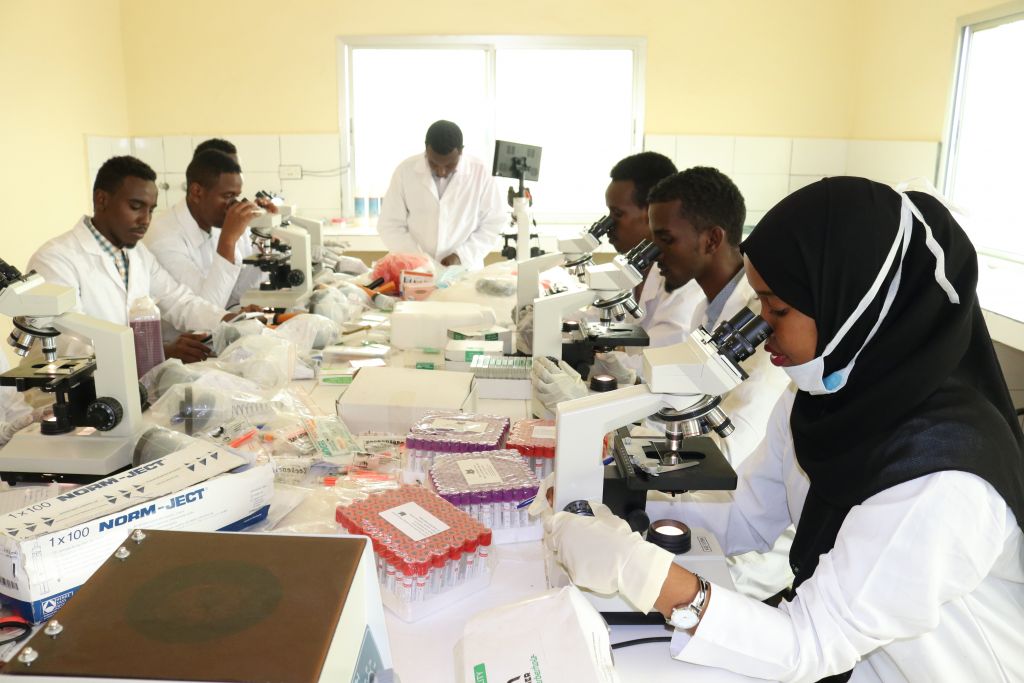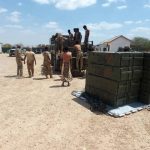The Somali diaspora, referring to the substantial demographic of Somalis residing outside of their native country, is a phenomenon that has garnered much attention in the realm of migration studies. Despite the undeniable contributions of the diaspora towards supporting their ancestral homeland, Somalia, both financially and politically, their relationship with the country remains fraught with controversy. The dichotomy between those who remain in Somalia and endure the hardships, referred to as “qorax joog,” and those who reside in more affluent countries, labeled as “qurux joog,” highlights the complex and multilayered nature of the diaspora-homeland dynamic. The discourse surrounding the role of the Somali diaspora in relation to Somalia is of immense significance, as it sheds light on the intricacies of transnationalism, globalization, and the intersections of identity and belonging in the 21st century.
The Contribution of the Somali Diaspora to the Country
Economic Impact:
The economic impact of the Somali diaspora on the home country of Somalia has been the subject of considerable examination and analysis. The diaspora has been a critical source of financial support for the country, particularly in terms of remittances sent back to family and friends. These remittances have been a lifeline for many Somalis, providing much needed support in terms of food, healthcare, education, and other necessities. Additionally, the diaspora has also been a key player in supporting economic development efforts in the country, including the establishment of businesses and the creation of job opportunities.
However, while the contributions of the diaspora have been significant, some have argued that their involvement has also had negative consequences. For example, the reliance on remittances has been criticized for fostering a culture of dependency, hindering local capacity building, and inhibiting the development of sustainable economic systems in Somalia. Additionally, the limited access to financial institutions and the lack of investment opportunities in the country have made it difficult for the diaspora to fully engage in the development of the economy.
Despite these challenges, the Somali diaspora continues to play an important role in the economic development of Somalia. Efforts are underway to improve the infrastructure and support mechanisms that enable greater engagement and investment in the country. The creation of more robust financial institutions, the implementation of policies that support entrepreneurship and job creation, and the promotion of investment opportunities are some of the ways in which the diaspora is working to support economic growth in Somalia. Ultimately, the relationship between the diaspora and the home country is a complex one, with both positive and negative aspects, but it is clear that the diaspora will continue to play a critical role in shaping the future of Somalia’s economy.
Political Development:
The relationship between Somalia and its diaspora has been a topic of much discourse, with various perspectives being expressed regarding the political impact of the diaspora. On one hand, the local population feels that they are more entitled to political power in the country, as they have endured the hardships and difficulties of the country for generations. On the other hand, the diaspora argues that they have the knowledge, skill, and resources necessary to help the country recover quickly, and that their contributions should be acknowledged and valued. This sensitive debate highlights the complex relationship between the two groups and the challenges faced in navigating it.
Impact on Political Structure: One of the most significant impacts of the diaspora on Somali politics has been the contribution of financial and human resources. Diaspora Somalis have been instrumental in supporting the country both financially, through remittances and investment, and politically, through the sharing of knowledge and expertise. This has helped to sustain the country during times of crisis and has played a role in the rebuilding and development of the country.
However, the involvement of the diaspora in political decision-making has been a source of controversy. Some argue that the diaspora is not well-equipped to make decisions regarding the country, as they have not lived in the country for an extended period of time and are not fully familiar with the local context. Furthermore, the diaspora’s lack of a deep-rooted connection to the country and its people is seen by some as a hindrance to their ability to lead effectively.
Contrarily, others assert that the diaspora brings a unique set of skills, experiences, and perspectives to the table, which can be invaluable in guiding the country towards a more stable and prosperous future. The diaspora has access to resources, expertise, and networks that can help to support the country, and their engagement can help to build bridges between Somalia and the international community.
Social Development:
The Somali diaspora has had a significant social impact in Somalia and on the Somali community worldwide. With the exposure to different cultures and lifestyles, many Somalis in the diaspora have adopted new norms and values that may not align with traditional Somali cultural norms. This has led to a loss of cultural identity for some individuals, and has also contributed to a breakdown of traditional family and community structures.

On the other hand, the professionalization of the industry in the diaspora has raised the bar for the younger generation in Somalia. Many young Somalis now see the potential for success and a better life through education and hard work, and this has had a positive impact on the society as a whole. However, the influence of the diaspora can also have negative consequences, as the Western-oriented lifestyle and values that are being imported back to Somalia can clash with traditional cultural norms, leading to a cultural divide and loss of values for some individuals.
It is important to note that while Somalia has been without a functioning government for decades, the country has a rich and vibrant cultural heritage that is still deeply ingrained in the hearts and minds of many Somalis. The challenge for the Somali diaspora and the next generation is to find a balance between embracing new ideas and ways of life, while also preserving and cherishing their cultural heritage and traditions.
The Somali diaspora has had a significant impact on the cultural norms and values of the younger generations in Somalia. Due to their exposure to different cultures and ways of life, many Somalis in the diaspora have adopted new values and beliefs that may not align with traditional Somali cultural norms.
This shift in cultural norms and values has resulted in some Somalis becoming viewed as “the wrong role models” by those who still hold onto traditional cultural beliefs. The younger generations in Somalia are exposed to these new cultural norms and values through media, social media, and interactions with family members and friends who have lived in the diaspora.
On the other hand, the Somali diaspora has also brought a sense of professionalism and raised the bar in certain industries, such as business and entertainment. This has provided new opportunities for young people in Somalia, who may not have had access to the same resources and opportunities in the past.
Overall, the social impact of the Somali diaspora is complex and multifaceted, reflecting both the challenges and opportunities that come with cultural change.
Furthermore, the diaspora has also faced challenges in terms of integration and identity within the host countries. Many have faced discrimination and have had a hard time being fully accepted by their host society. This has resulted in a lack of integration and a difficulty for the diaspora in finding a sense of belonging in their host country.
Conclusion
In conclusion, the relationship between the Somali diaspora and Somalia is a complex and multifaceted one, with both positive and negative impacts. The diaspora has played a critical role in supporting the country both financially and politically, and has been involved in efforts to support peace and stability. However, the diaspora has also faced challenges in terms of integration and identity within the host countries, and has faced criticism for contributing to a culture of dependency and hindering local capacity building.
The Somali diaspora had significant impact on both the Somali community and society as a whole. On one hand, the diaspora has brought new ideas, skills, and resources to Somalia, helping to drive economic development and modernization. They have also helped to preserve and promote their cultural heritage and values, serving as role models for younger generations. On the other hand, the diaspora has also faced challenges in adapting to new cultural norms and values, and in reconciling their heritage with the new societies they have adopted. Despite these challenges, the Somali diaspora remains a vital and influential force within the global community, and continues to make significant contributions to their adopted countries and to Somalia.
By Abdiqani Abdullahi





